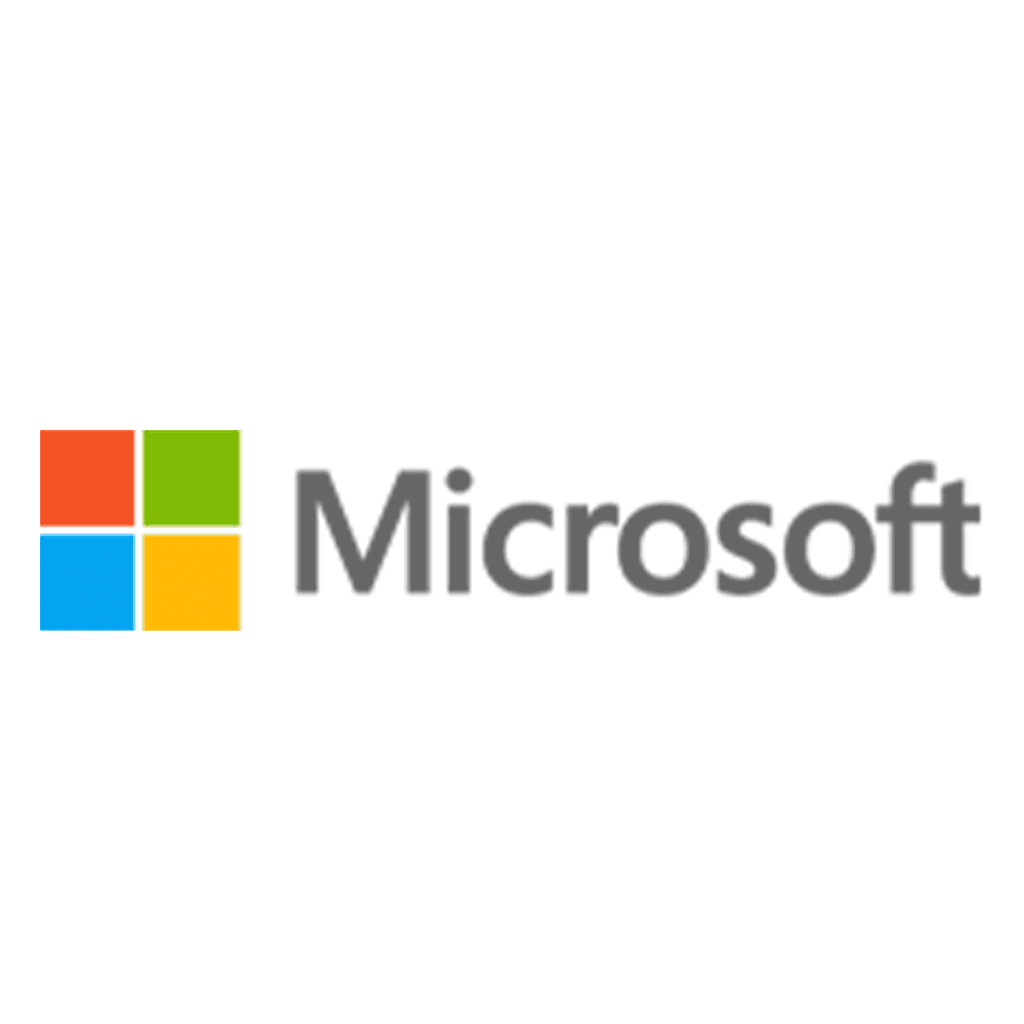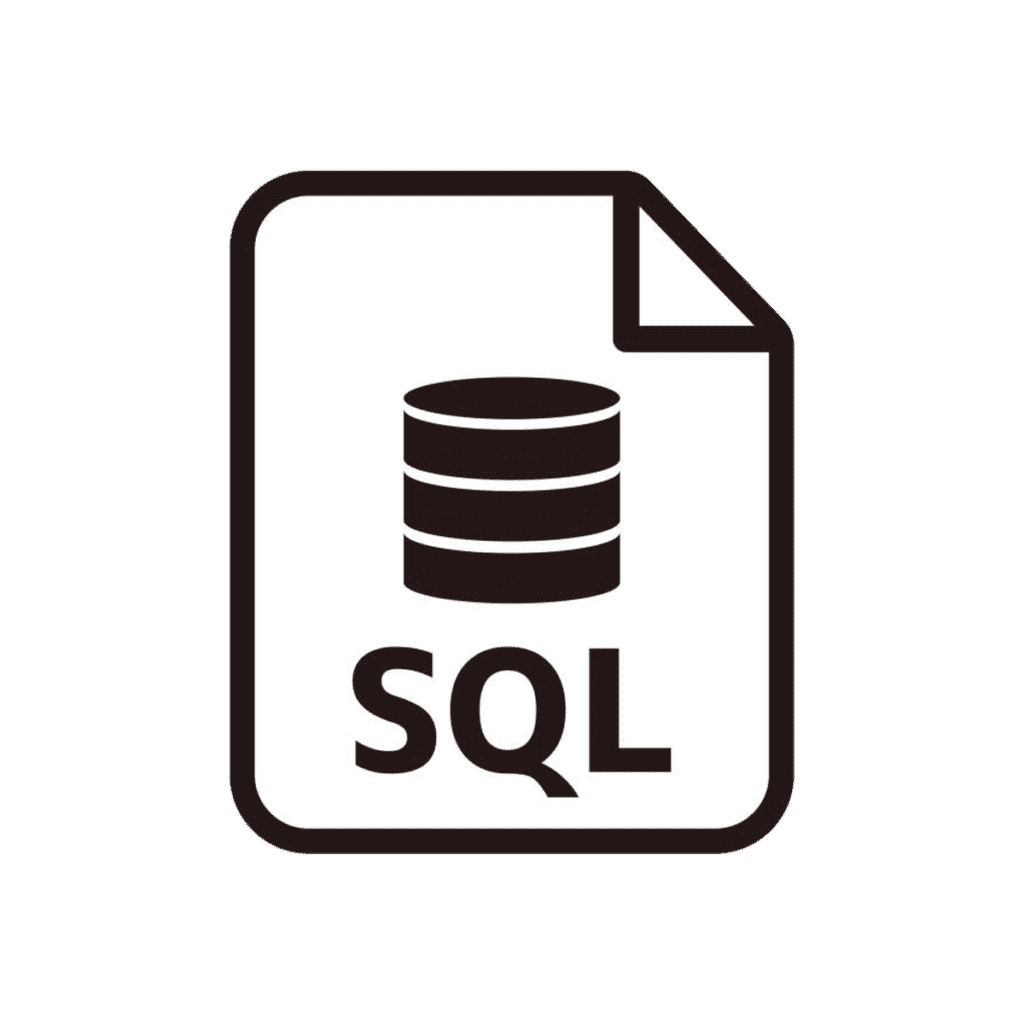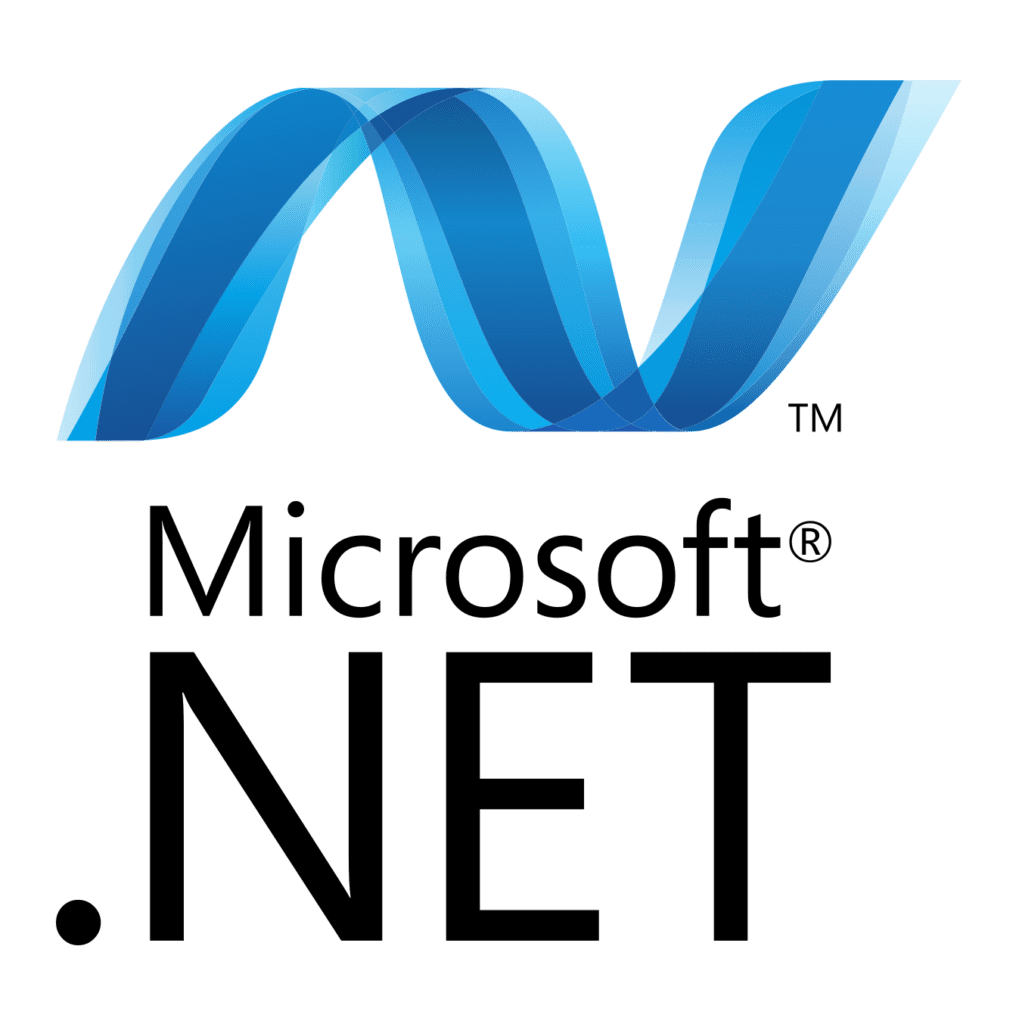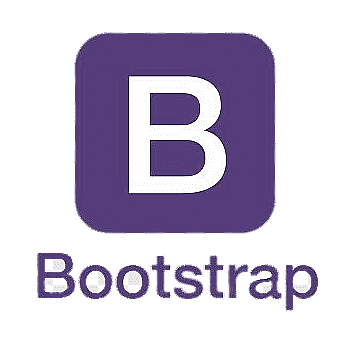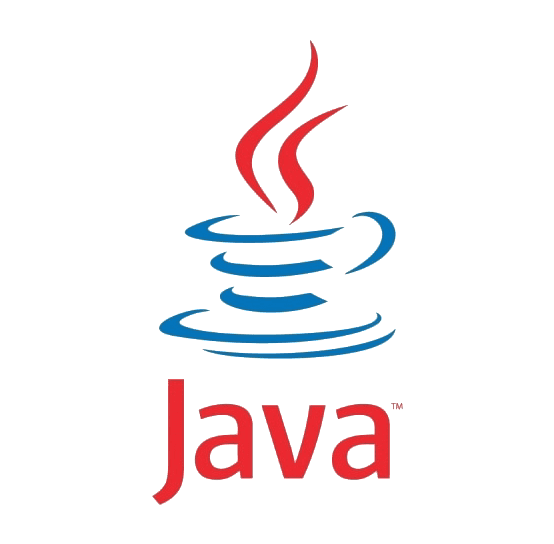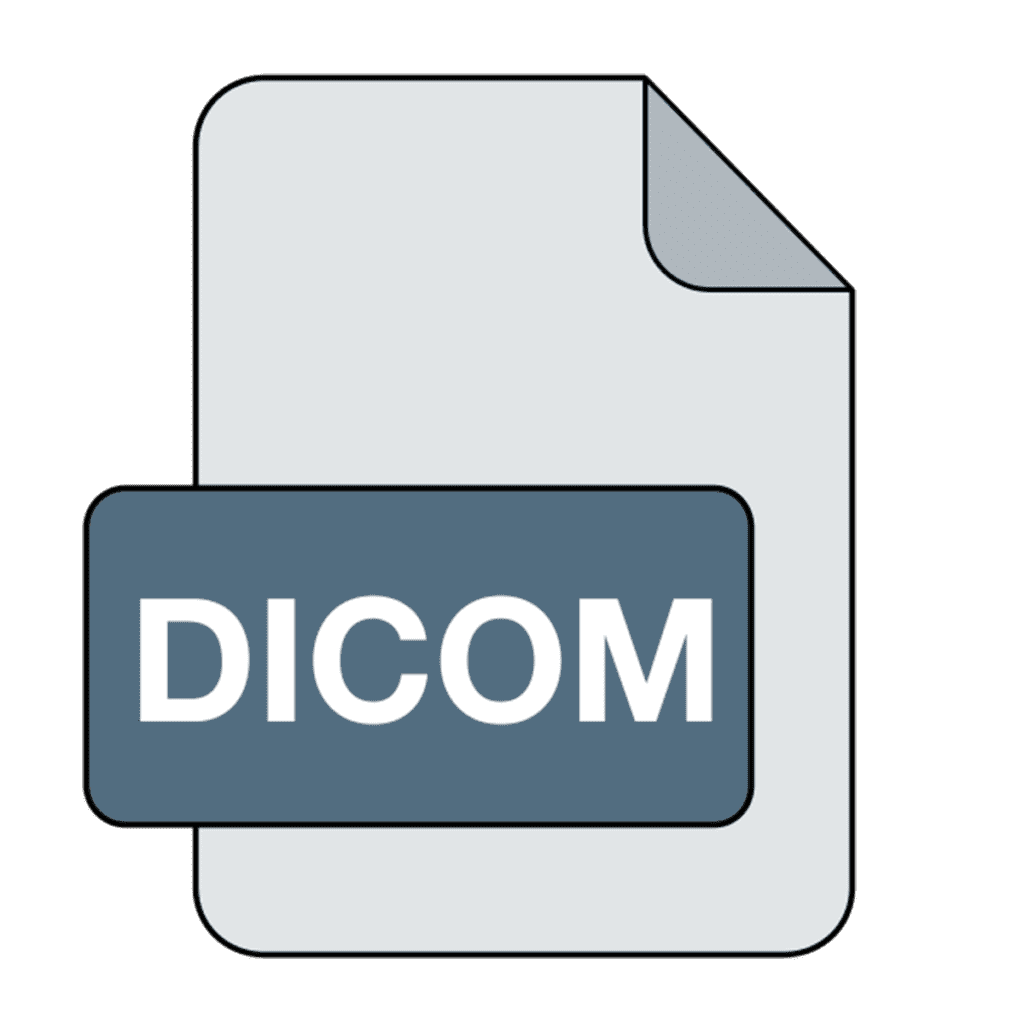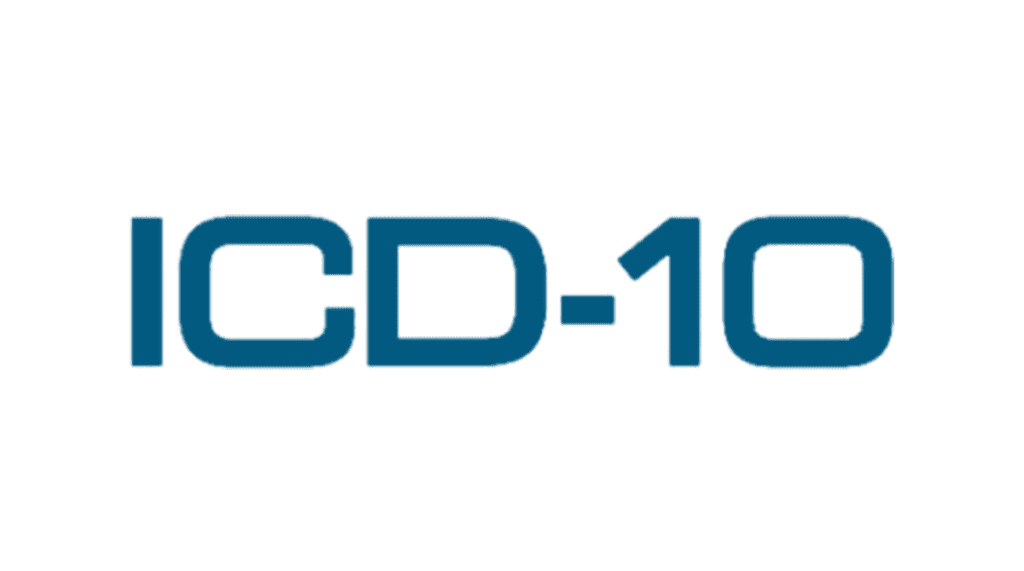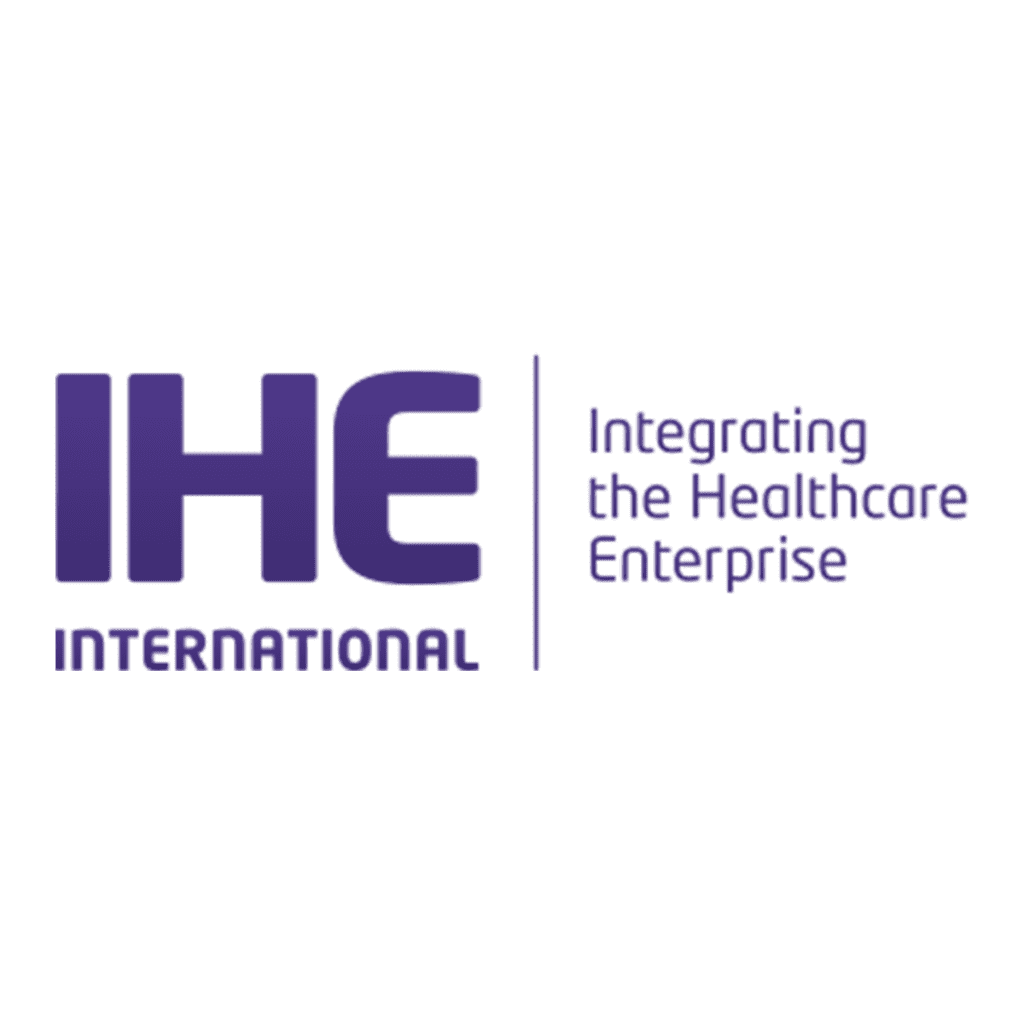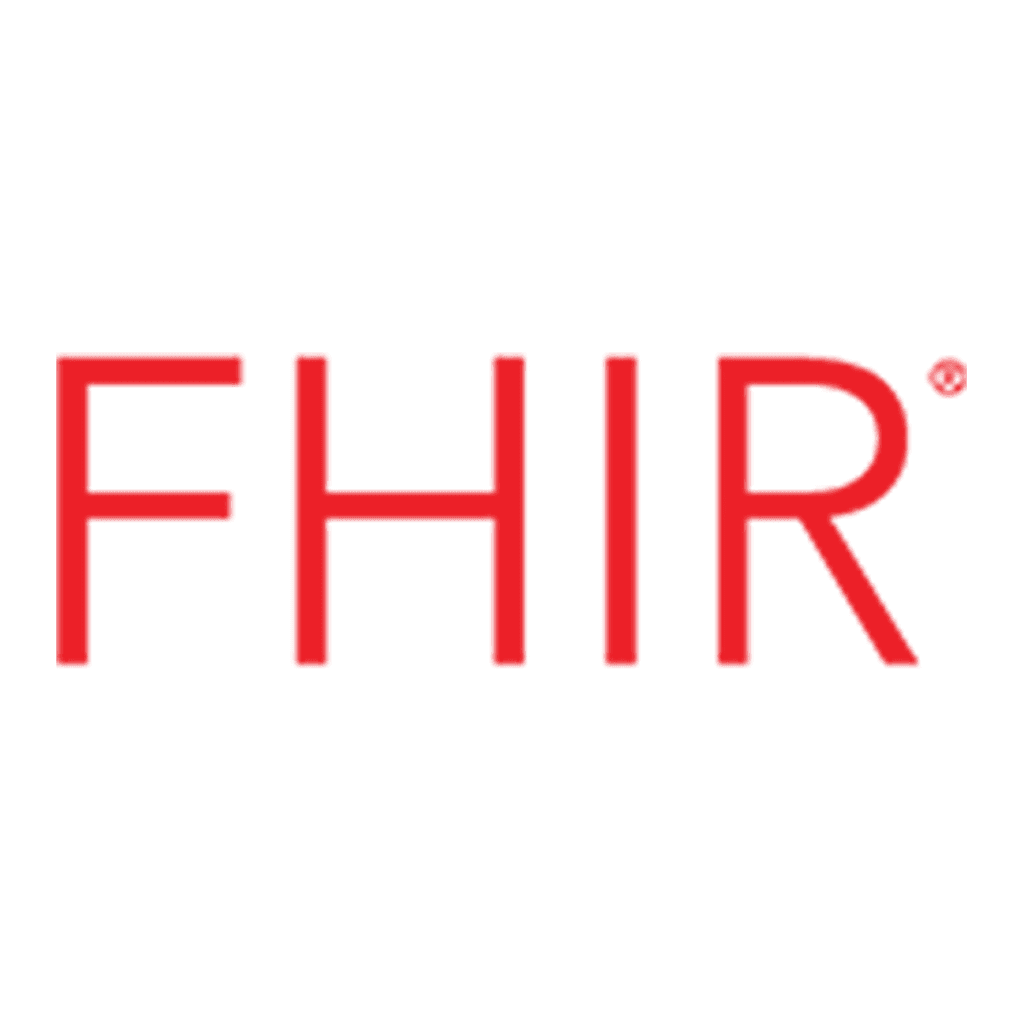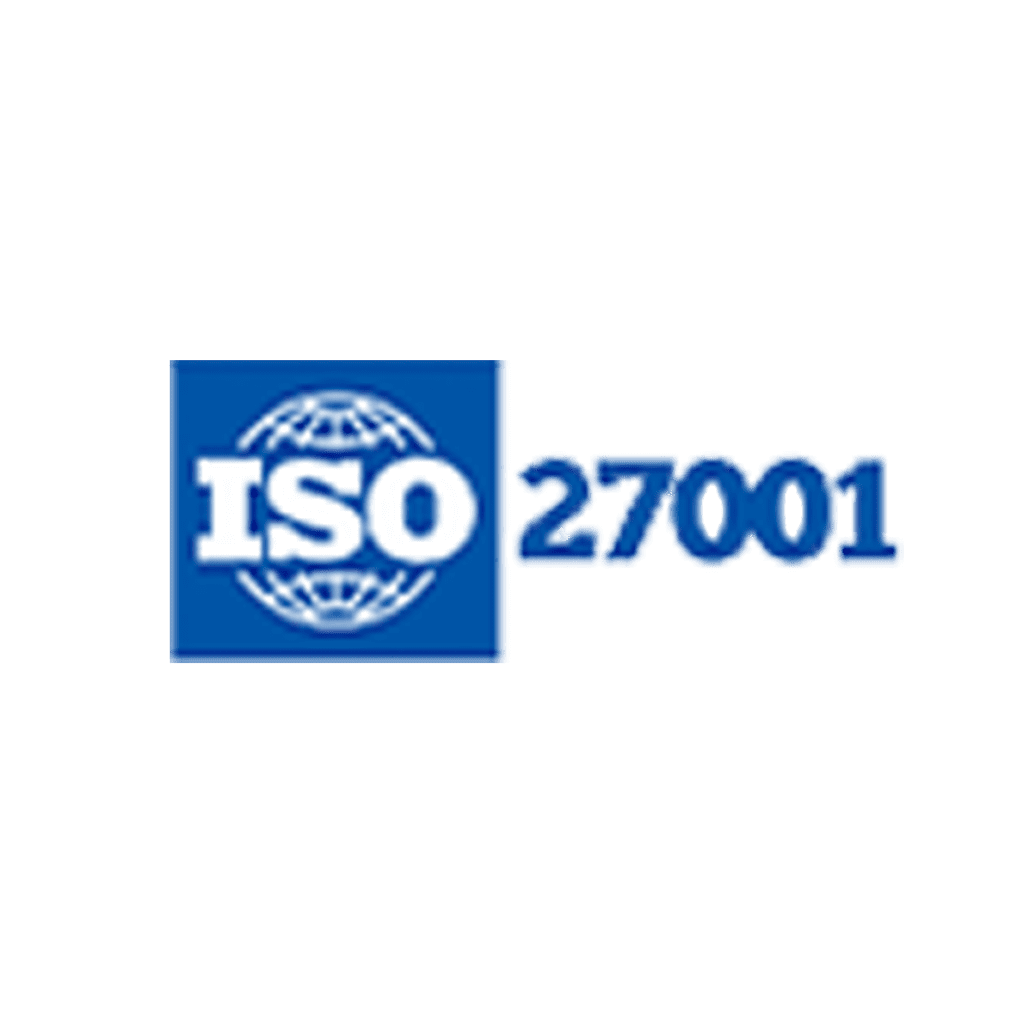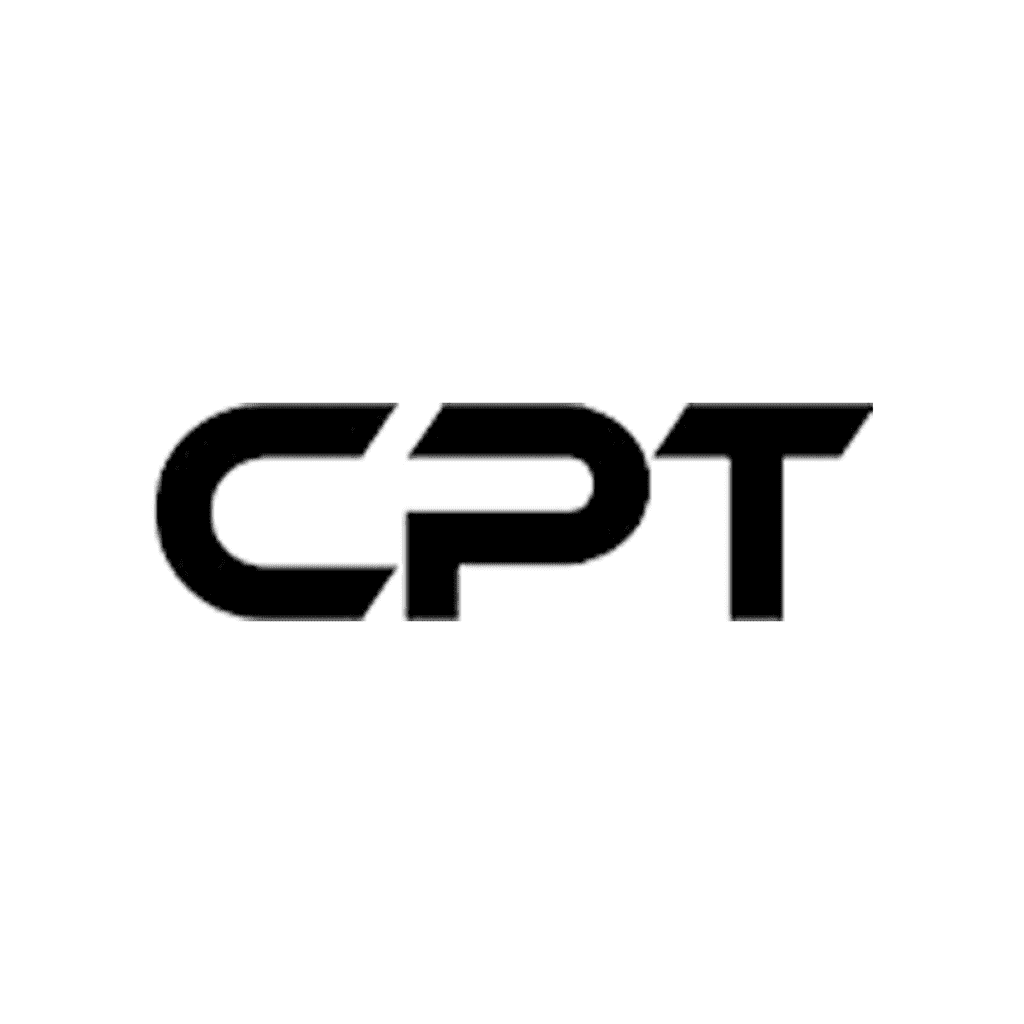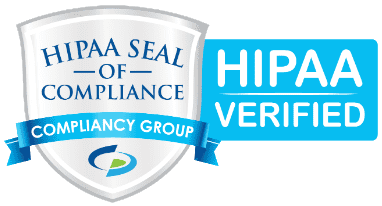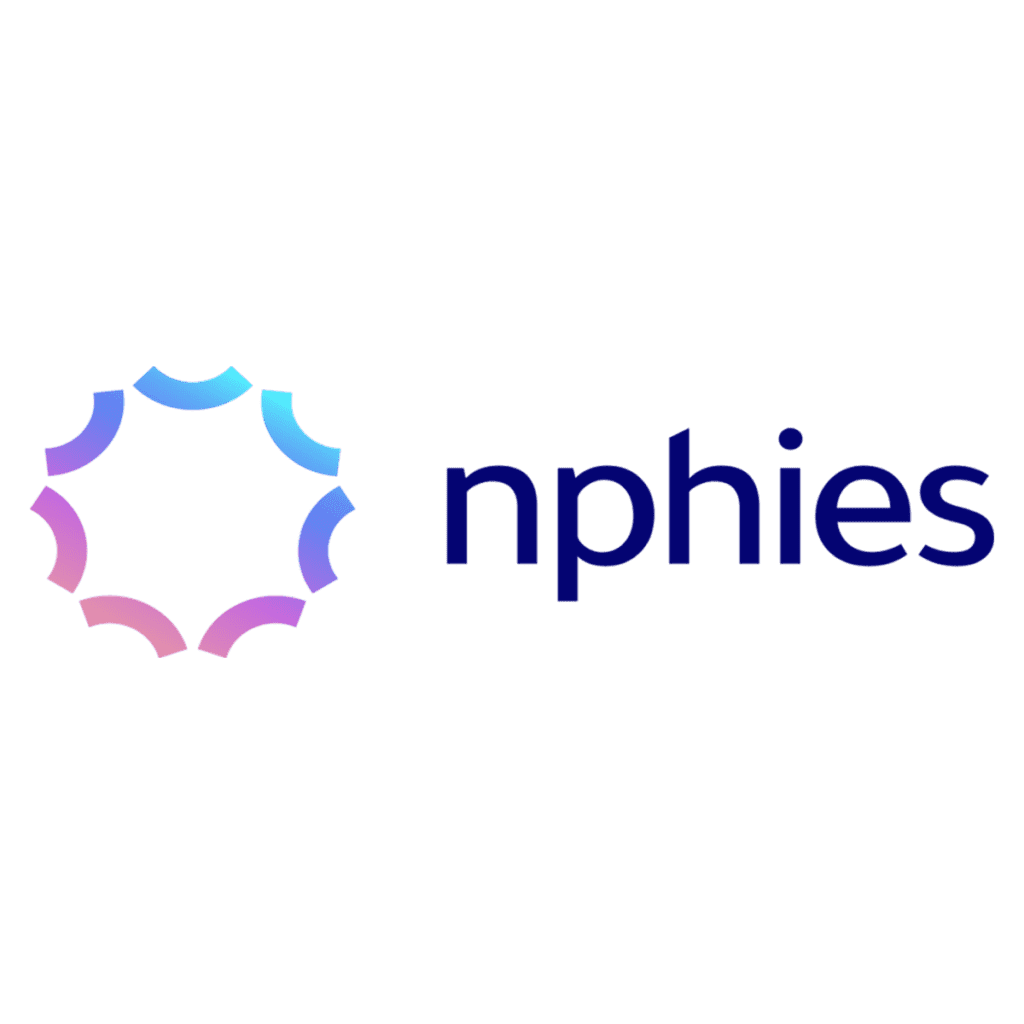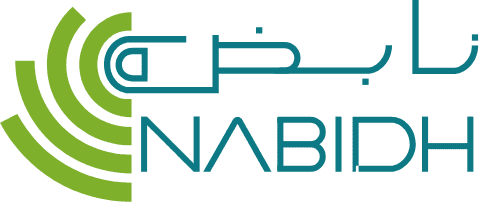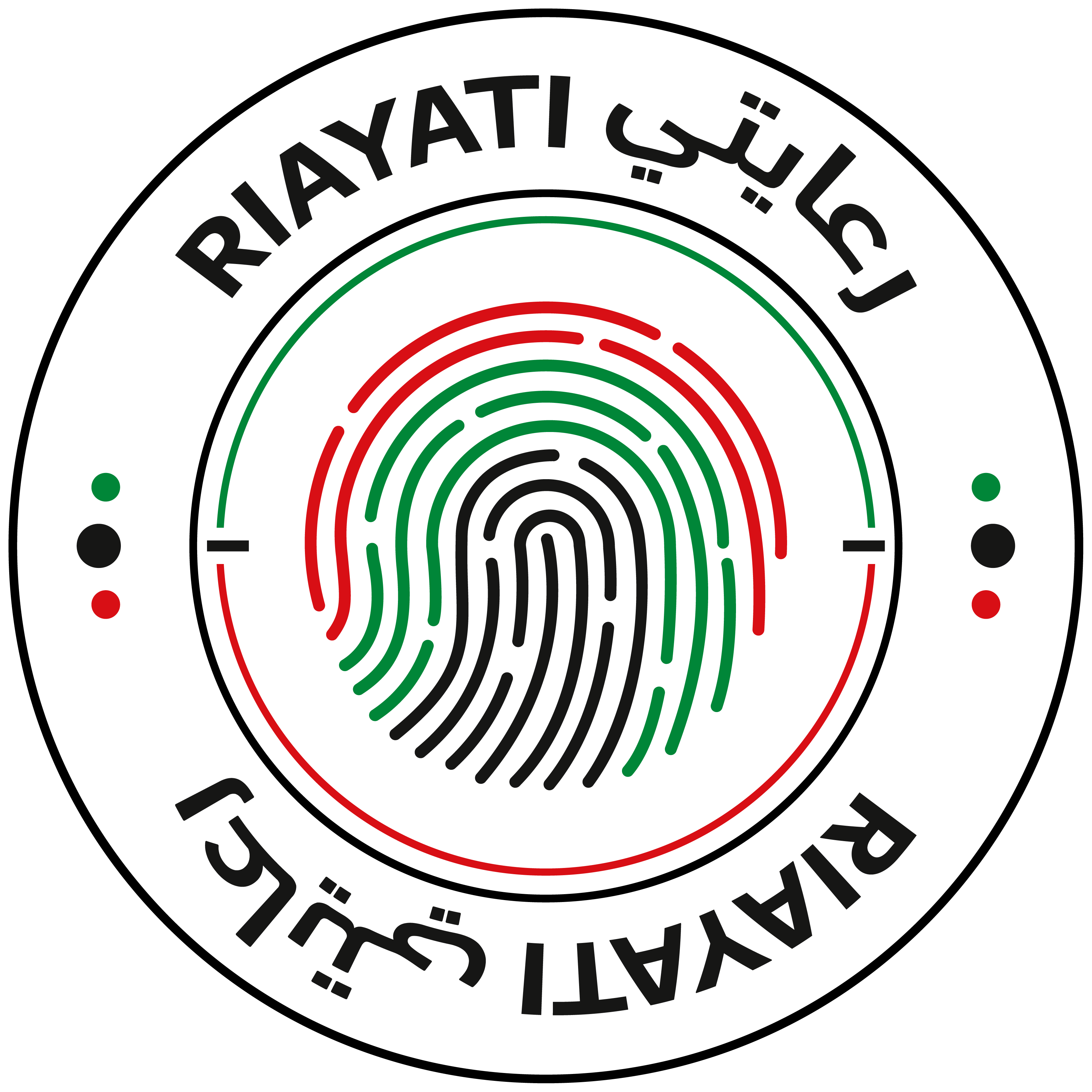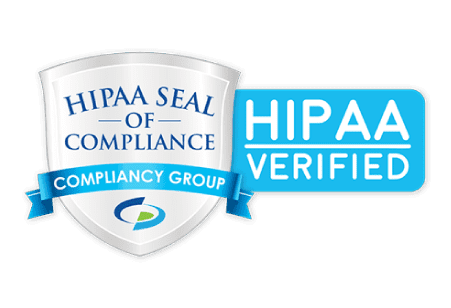In the dynamic landscape of modern healthcare, the efficacy of a Doctor medical practice often hinges on the utilization of cutting-edge platforms. At the forefront of this platform is the Practice Management System (PMS), a linchpin that orchestrates the intricate dance of administrative, financial, and operational tasks. In this comprehensive guide, we delve into the imperative realm of Practice Management System requirements, laying the foundation for seamless and efficient medical practice operations.
Introduction: What is a Practice Management
In the multifaceted world of healthcare administration, a Practice Management System serves as the backbone of a medical practice. From appointment scheduling to Healthcare software solutions, the requirements of a PMS are pivotal in ensuring a smooth and well-coordinated operation.
Appointment Scheduling: The Keystone Requirement
Doctor Appointment scheduling stands as the keystone requirement of a robust PMS software. A system that excels in this aspect is characterized by its ability to seamlessly manage patient appointments. From intuitive scheduling interfaces to automated reminders, the appointment scheduling requirement is a linchpin for a thriving medical practice.
Comprehensive Patient Data Management: Practice management system
In an era where data is a prized asset, the requirement for comprehensive patient data management cannot be overstated. A Practice Management System must excel in maintaining accurate and secure patient records. The intricacies of medical history, diagnoses, and treatment plans must be seamlessly integrated, fostering a holistic approach to patient care.
Lab Integration with Electronic Health Records (EHR): Fostering Interconnected Healthcare
The requirement for seamless integration with Electronic Health Records (EHR) is pivotal for modern medical practices. A well-integrated system ensures that patient data flows seamlessly between different facets of healthcare, fostering a collaborative approach among healthcare providers. This requirement not only enhances efficiency but also contributes to elevated patient care.
User Training and Adoption: Maximizing Operational Proficiency
The efficacy of a practice management system software is not solely reliant on its features but extends to the user’s ability to harness its full potential. The requirement for comprehensive user training and adoption ensures that the medical staff can navigate the system effortlessly. This requirement maximizes operational proficiency, reducing the learning curve associated with adopting new technologies.
Data Security and Compliance: Safeguarding Patient Trust
With the increasing prevalence of cybersecurity threats, the requirement for robust data security and compliance measures cannot be overstated. A ehr practice management system should adhere to the highest standards of data protection, ensuring compliance with regulations such as HIPAA. This requirement not only safeguards sensitive patient information but also fosters trust between the medical practice and its clientele.
Customization and Scalability: Medical Practice
The requirement for customization and scalability ensures that a doctor Practice management system software can adapt to the unique needs and growth trajectory of a medical practice. From tailoring interfaces to match specific workflows to accommodating the expansion of the practice, this requirement ensures that the Best Cloud EHR remains an asset rather than a constraint.
Performance Monitoring and Reporting: A Strategic Imperative
The requirement for performance monitoring and reporting is a strategic imperative for medical practices aiming for continuous improvement. A learning management system best practices should provide insights through key performance indicators and detailed reports. This requirement empowers medical practices to identify areas of success and opportunities for enhancement.
Mobile Accessibility: Navigating the Era of Mobility

In the age of mobility, the requirement for mobile accessibility is paramount. EMR software should provide healthcare professionals with secure access to patient information and operational features from any location. This requirement fosters flexibility and ensures that medical practitioners can engage with the system on the go.
Interoperability: Breaking Down Data Silos
The requirement for interoperability is foundational for collaborative healthcare. A Practice management system should seamlessly interact with other systems, fostering interoperability with laboratory systems, pharmacy systems, and more. This requirement ensures that data silos are dismantled, contributing to a comprehensive and connected healthcare ecosystem.
Risk Management Strategies: Mitigating Operational Challenges
Anticipating and mitigating operational risks is a crucial requirement for a robust Management software. This involves the implementation of risk management strategies to identify potential challenges and develop proactive solutions. This requirement ensures that a medical practice can navigate uncertainties and disruptions effectively.
Scalability and Flexibility: Adapting to Growth
The requirement for scalability and flexibility ensures that a Practice management can adapt to the evolving needs and growth of a medical practice. From accommodating an expanding patient base to incorporating technological advancements, this requirement positions the Practice management system as a dynamic and enduring asset.
User-Friendly Interface: Enhancing User Experience
An intuitive and user-friendly interface is a fundamental requirement for a Practice management system software. This involves ensuring that healthcare professionals can navigate the system with ease, minimizing the likelihood of errors and optimizing operational efficiency. This requirement enhances user experience, contributing to overall satisfaction with the Ehr PMS software.
Conclusion:
In the intricate realm of medical practice, the requirements of a Practice Management System are not mere checkboxes but strategic imperatives that shape the landscape of healthcare administration. From appointment scheduling to user training, each requirement contributes to the seamless operation of a medical practice, ultimately elevating patient care and operational efficiency.



